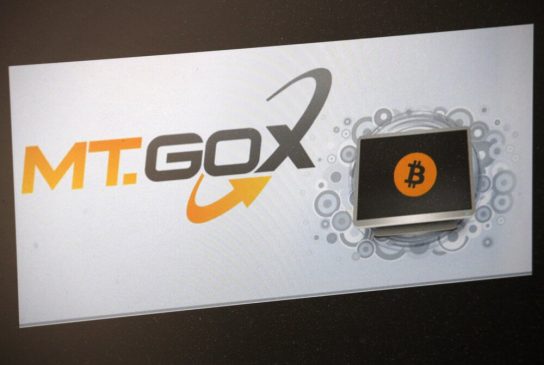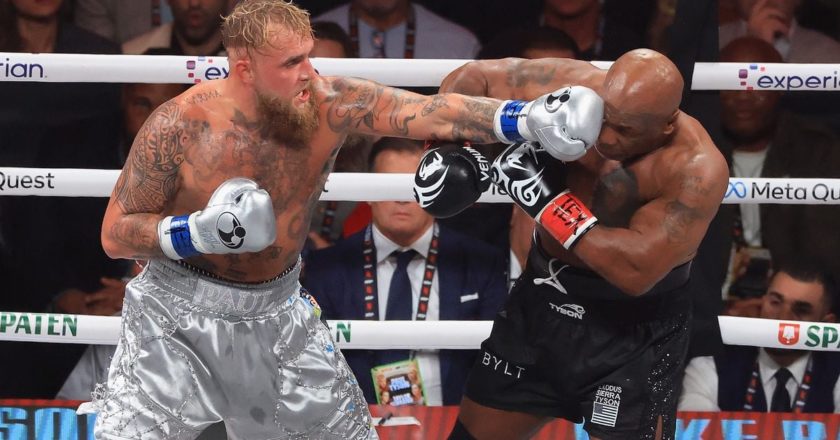U.S. investors and Japan’s Mizuho Bank have jointly asked a federal court in California to stay a case in which the financial institution is being sued for creating transaction difficulties for users around the time of Mt Gox’s collapse.
According to Reuters, lawyers for the plaintiffs led by Joseph Lack and the defendant are asking for a stay in the case until February 28, 2019. This is to allow both the plaintiffs and the defendant added time within which to get a clearer picture over whether they are going to be compensated in full or partially for the losses incurred following the collapse of Mt. Gox, once the biggest exchange in the world for the flagship cryptocurrency. The delay will, consequently, enable the two parties to make informed recommendations to the federal court in Los Angeles on how the case should proceed.
More than US$0.6 Billion Raised
This comes after the Mt Gox civil rehabilitation and bankruptcy trustee, Nobuaki Kobayashi, revealed last month that he had raised over US$617 million following the sale of bitcoins that were recovered. The amount is believed to be adequate to pay claims in full and not partially as previously thought.
Besides the cash assets, the estate also possesses more than 137,000 bitcoins. Clients of the long-defunct bitcoin exchange who lost their bitcoin holdings or money have until October 22 to lodge claims. The Mt Gox civil rehabilitation and bankruptcy trustee has indicated that the claims could be approved by January 24 next year. Subsequently, a proposed rehabilitation plan is expected to be submitted the month after.
Withholding Material Information
In the lawsuit, Lack, a resident of California, claims to have made a deposit of US$40,000 to the Mizuho bank account of Mt. Gox after joining the exchange in January 2014. However, Lack’s deposit was not reflected in his Mt. Gox account and he was unable to get back his money. Around this time the website of Mt. Gox became unresponsive. In the lawsuit, Lack accuses the Japanese bank of defrauding him as it hid the fact that it was not processing withdrawal requests.
The Japanese bank has previously tried to stop the lawsuit. Two months ago, Mizuho lodged an appeal where it argued that its acceptance of money transfer wires originating from residents of California was passive and could therefore not be held technically liable for anything. The appeal was, however, denied by the court which sided with the plaintiffs on the grounds that the argument was unconvincing.
Featured image from Shutterstock.
Follow us on Telegram or subscribe to our newsletter here.
• Join CCN’s crypto community for $9.99 per month, click here.
• Want exclusive analysis and crypto insights from Hacked.com? Click here.
• Open Positions at CCN: Full Time and Part Time Journalists Wanted.




